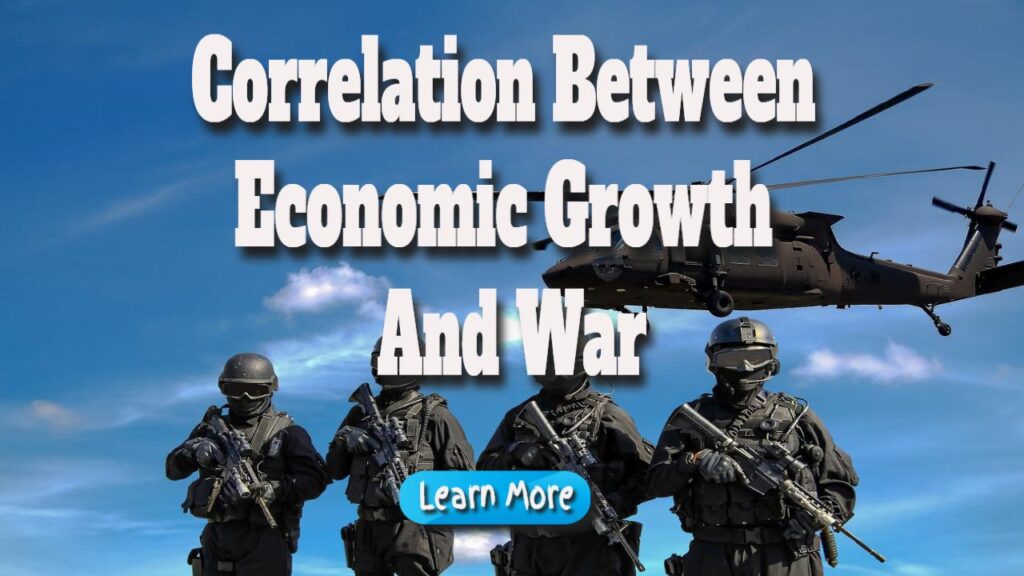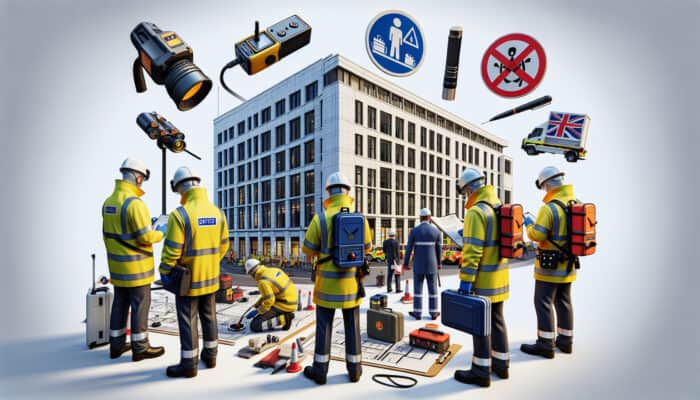Is There a Correlation between Economic Growth and War
Is There a Correlation between Economic Growth and War: Every day, we hear about death, destruction, and natural disasters. Is misery, on the other hand, an opportunity for growth?
Isn't it true that the United States, Japan, and South Korea emerged from the ashes of the war stronger than ever?
The Broken Window's Story
In 1850, Frédéric Bastiat, a French economist, and writer presented us with a lesson hidden in a story.
The careless son of a shopkeeper destroys a window. Everyone who sees his pain consoles him, telling him that beautiful things originate from terrible things that happen every day, like broken windows.
How would the glass industry exist if it were not the case? Because of his impulsive kid, the store owner's money gets to the glazier and circulates.
This is a popular argument used to justify the cost of war. Asia had its own version of the broken window story in the twentieth century.
The Parable of the Broken Window from Asia.
Following the continent's most heinous wars, two of Asia's biggest economies went from poor to industrialized in a matter of decades.
Both Japan's and Korea's economies grew by double-digit percentages as a result of the Korean War and the end of World War II.
Was the war helpful to these countries, despite its death and destruction?
We can start answering this question in Japan before WWII.
Prepared for battle
Before World War II, Japan had been preparing for war for decades.
The government had created a currency and a complex credit market based on its rice trade since the 16th century, which was required to support a military economy.
Thanks to Emperor Meiji's guidance, Japan was well on its road to industrialization by 1868. To reinstate imperial power and fortify the country against colonial troops, the government established a thriving industrial base.
The country's rapid industrialization aided its rise as a military power. It took part in the great wars of the twentieth century and captured portions of Asia with the requisite resources.
During the war, manufacturers, suppliers, merchants, and banks worked closely together.
To ensure that enough supplies and ammunition were available for military battles, the government pressed the country's banks and other financial organizations to lend money to the war effort as needed.
Working demilitarization
After finally surrendering, Japan was forced to disband its military forces.
Following that, for the benefit of the economy, the government directed banks to invest in manufacturing.
Japanese companies progressively began to produce high-quality consumer goods for export.
Hundreds of engineers, scientists, and laborers who had previously worked in military enterprises were hired to work in civilian factories around the country.
Some even launched businesses that are now household brands, such as Sony (New York Stock Exchange; ticker: SNE).
Some former Japanese military officers, unsurprisingly, went on to build some of Japan's most well-known enterprises.
Masaru Ibuka and Akio Morita, for example, co-founded Sony (New York Stock Exchange; ticker: SNE).
Both guys were engineers in the Japanese Navy.
Despite its success in shifting wartime labor, Japan, like every other country, was decimated after the war.
Other instances of postwar success
South Korea and Taiwan benefited from the war in the same way that Japan did, first through the war economy and then through demilitarization.
Furthermore, because of US investment, they established substantial manufacturing sectors as well.
Because of the United States' opening to Asian imports, these manufacturing businesses have also found buyers. During the postwar reconstruction period, Asian exports to the country were significant, with the United States as a trading partner.
During this period, regional commercial ties were established that are still in place today.
We're going back to the smashed window.
Let us return to the initial question that prompted this study. Were the observers accurate in thinking that the smashed glass was a sign of good luck? Is war good for the economy?
Everything comes down to this.
This idea disregards “what you don't see.” The lesson of the story is that if the window hadn't been shattered, the business owner could have (and probably would have) spent his money elsewhere.
War does not ensure economic success. While Japan and South Korea have emerged as regional market leaders, another country, the Philippines, has fallen far behind as a battleground and beneficiary of the US.
And war is costly. While money is being poured into one industry (military, weapons), monies are being diverted away from areas that could benefit the economy more in the long run, such as health care or education.
The only certainty we have is that substantial investments, when handled correctly, help the economy grow.
The post Is There a Correlation between Economic Growth and War appeared first on https://gqcentral.co.uk
















